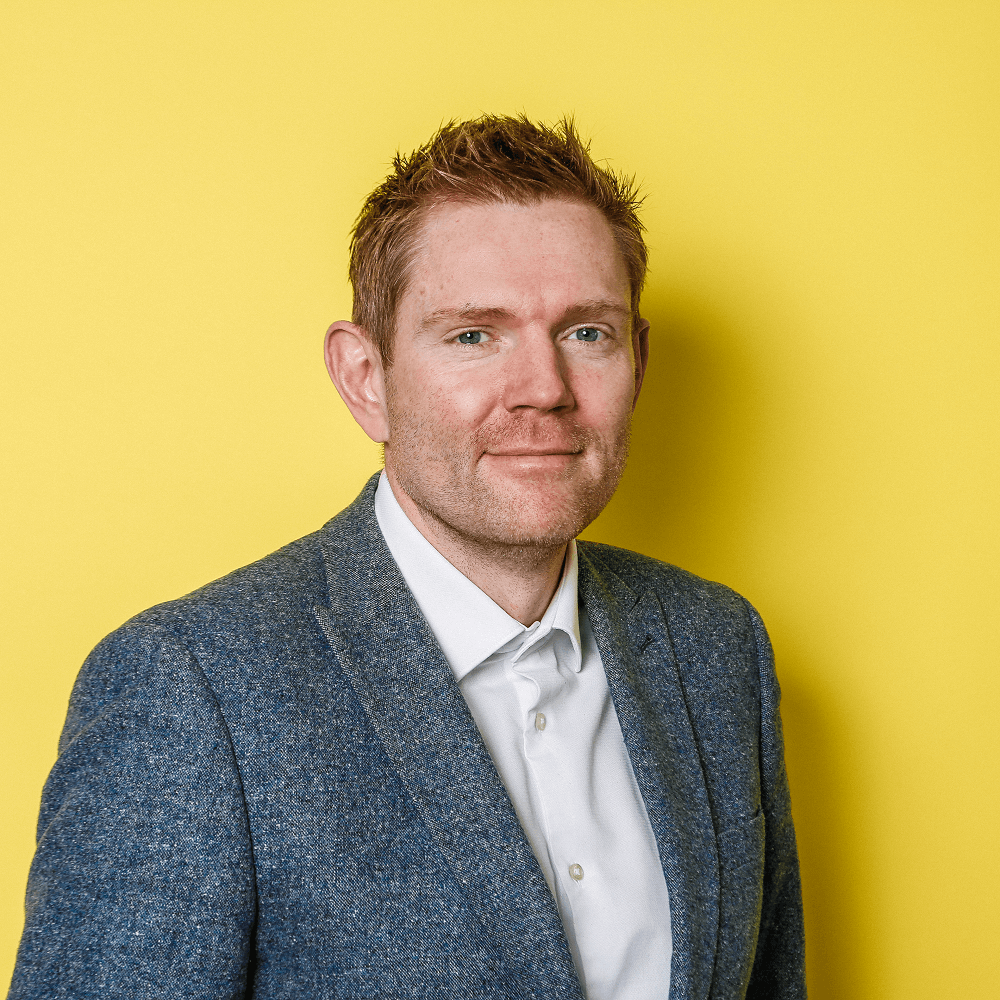ESG Strategy | For an emerging business

Contact
Overview
Modern Living Solutions (MLS) is on an exciting journey to revolutionise the delivery of attainable, quality homes for the people that need them most. As a young business, setting up for long-term success was a key priority for MLS.
Recognising that a sustainable business model must have sustainability at its core, MLS approached Akerlof to help set a strong direction of travel by beginning to shape an ESG strategy.
What we did
From an ESG perspective, there are hundreds of areas upon which a business could focus and report. We therefore guided the MLS leadership team through their first materiality assessment, identifying the areas that most reflected MLS’s economic, environmental, and social impacts, risks and opportunities.
The voice of key stakeholders from MLS’s investors, parent company Greystar, employees, and suppliers was key to shaping the strategy. After mapping both internal and external stakeholders, Akerlof conducted 14 qualitative interviews, which sought to rank a longlist of sustainability topics, allowing us to gather insights which were then fed back to the leadership team to inform the final strategy.
To ensure the strategy could be clearly communicated, Akerlof worked closely with MLS to gain a thorough understanding their unique history and values. This led to the creation of a suite of graphics and accompanying narrative to integrate the MLS story with their new ESG strategy.

The impact
- Robust materiality assessment, aligned to the Global Reporting Index (GRI) principles
- Tailored ESG materiality map that defines core areas of focus, with a narrative report on key findings and next steps
- An ESG story that captures the journey of MLS, reflecting the social and environmental outcomes that a modular approach can unlock
- An engaging infographic that captures the narrative in a single visual, winning over hearts and minds
- Full alignment with parent company Greystar’s ESG framework and the UN Sustainability Development Goals
Don't just take our word for it...
Deeshna Divakaran, Director, Modern Living Solutions




